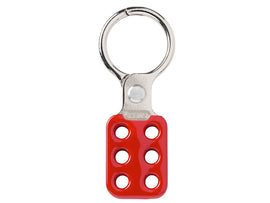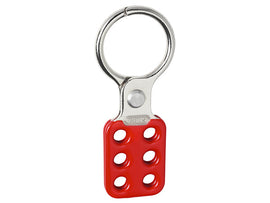Power Tools: A Guide to Finding the Right Tool for the Job
When it comes to tackling any DIY project, power tools are a must-have. These tools can make quick work of any task, from drilling holes to cutting through tough materials. However, with so many options available, it can be difficult to determine which tool is right for your specific project. In this blog, we will explore the world of power tools and provide tips on how to find the perfect tool for your needs.
Types of Power Tools
There are several types of power tools, each designed to perform specific tasks. Here are some of the most common types of power tools:
-
Drills: Used for drilling holes in various materials, including wood, metal, and concrete. There are several types of drills available, including corded and cordless, hammer drills, and impact drills.
-
Saws: Used for cutting through various materials, including wood, metal, and concrete. There are several types of saws available, including circular saws, reciprocating saws, and jigsaws.
-
Sanders: Used for smoothing out rough surfaces, including wood, metal, and plastic. There are several types of sanders available, including belt sanders, orbital sanders, and detail sanders.
-
Grinders: Used for grinding and cutting through metal, stone, and concrete. There are several types of grinders available, including angle grinders and bench grinders.
-
Nail guns: Used for quickly and efficiently nailing materials together. There are several types of nail guns available, including brad nailers, finish nailers, and framing nailers.
-
Planers: Used for smoothing and shaping wood surfaces. There are several types of planers available, including hand-held planers and benchtop planers.
Choosing the Right Power Tool
When choosing a power tool, there are several factors to consider. Here are some tips to help you find the right tool for your needs:
-
Consider the task at hand: The first thing to consider is the task you need to perform. If you are drilling holes in wood, a cordless drill may be sufficient. However, if you are drilling into concrete, you will need a hammer drill.
-
Power source: Power tools can be corded or cordless. Corded tools offer constant power but require an outlet. Cordless tools offer convenience and portability but require battery charging.
-
Brand reputation: Choose a reputable brand that is known for producing high-quality power tools. Some of the most well-known brands include DeWalt, Bosch, and Makita.
-
Price: Power tools can vary in price from under £50 to over £500. Consider your budget and the frequency of use before making a purchase.
-
Safety features: Look for power tools with safety features, such as blade guards and lock-on switches. Always wear appropriate safety gear when using power tools, including eye protection and gloves.
In conclusion, power tools are an essential part of any DIY toolkit. With the right tool for the job, you can save time and effort while achieving professional results. By considering the task at hand, power source, brand reputation, price, and safety features, you can find the perfect power tool for your needs. Visit toolsy.co.uk to browse our selection of high-quality power tools from top brands.





